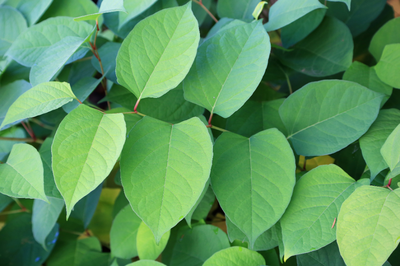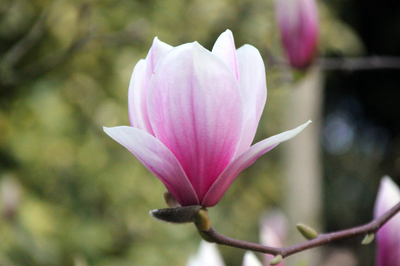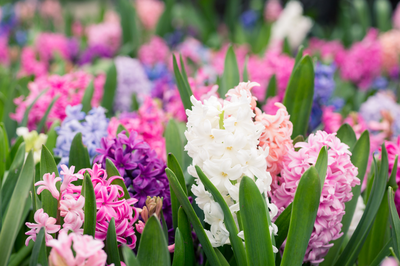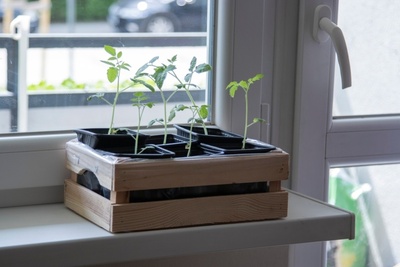With Winter fast approaching, I am beginning to put Oliver’s allotment to bed, and I thought this would be a good opportunity to share with you the success we have had here this year, especially as we have used absolutely no chemical fertilisers or pesticides.
As organic growers know, successful growing is achieved by feeding the soil, not the plants, but it’s always good to put a theory to the test, and I am pleased to say that I have proved the theory right.
Soil itself is a complex ecosystem and if you want to grow your own fruit and veg, this is an important element you should concentrate on. Adding good homemade, garden compost will enable plants to grow stronger, be more resistant to disease, and negate the need for fertilisers.
Creating compost is a simple process made from green waste. The trick is to pay attention to the way you layer it; don’t put layers of slimy leaves on top of one another, keep it varied and turn it into a new bin at least once a year (I did mine in the Summer). If you do this, in less than a year you should have a lovely rich, dark organic compost.
The only supplement we have used on the allotment is organic seaweed and this was only needed for the veg grown in pots, everything else has thrived from the rich garden compost and a small amount of pelleted organic chicken manure.
Peat is permanently in the press at the moment, and whilst we offer a really good range of peat-free compost in the garden centre, many gardeners aren’t convinced by it, so this year Tony and I did a test… Tony grew tomatoes in a growbag containing peat, and I grew some in peat-free compost. There is no denying that Tony’s looked better and produced more fruit, but in the end, all the tomatoes tasted the same. If you can cope with your tomatoes looking more au naturel, then I would definitely recommend going peat-free. And as for the quantity, name me one tomato grower who doesn’t have a glut of tomatoes come the end of July!
With regards to ‘pests,’ we have had a few but then that will always be the case, I think it’s important to understand their lifecycle and work with them rather than killing them. Our companion planting helped keep them away from our crops, we will definitely do this again next year. I netted the cabbages and kale but the Large White butterflies managed to find their way in so next year I will double net them. I have to be honest and say that they annihilated the kale but we still got a crop, just a smaller one than we were expecting.
Whilst a small crop might not be the end of the world, sadly, the continued use of pesticides might be.
On that note, I am off to finish harvesting the chard, pumpkins and turnips – if anyone knows of any good turnip recipes, please let me know!
If you are considering growing your own next year, I would highly recommend going organic (if you aren’t already), the flavours are far better than anything you can buy and the satisfaction it brings is fantastic. Tony and I will be back in the New Year to help show you how it’s done!




